When the light absorbers are made very small, almost all the device performance metrics improve—but doing this is easier said than done.
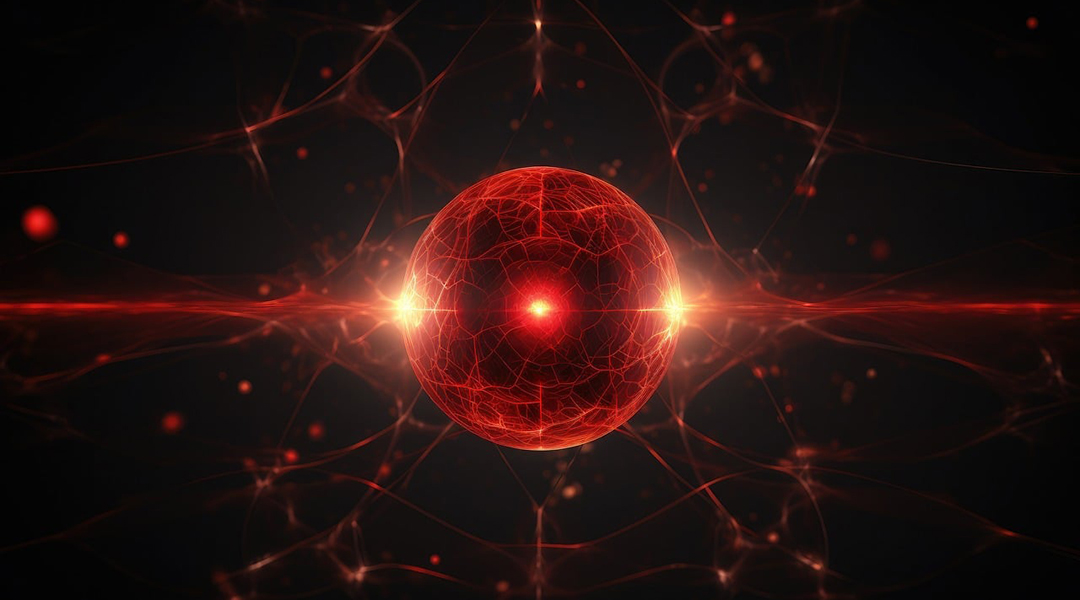

When the light absorbers are made very small, almost all the device performance metrics improve—but doing this is easier said than done.
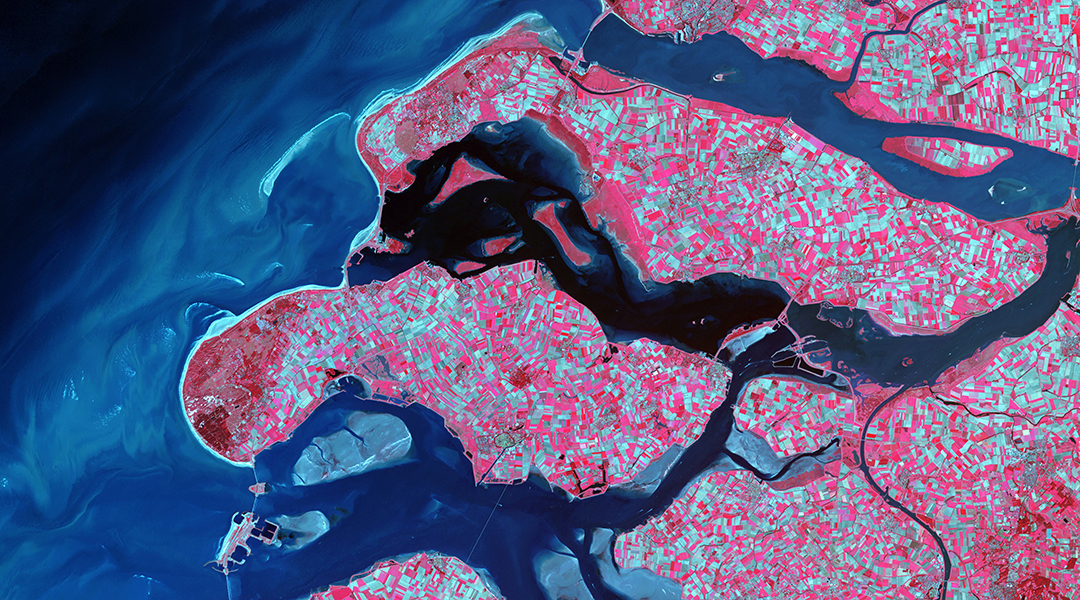
Greenhouse gas emissions are warming up the planet and scientists are turning their eyes to the sky to better track them down.
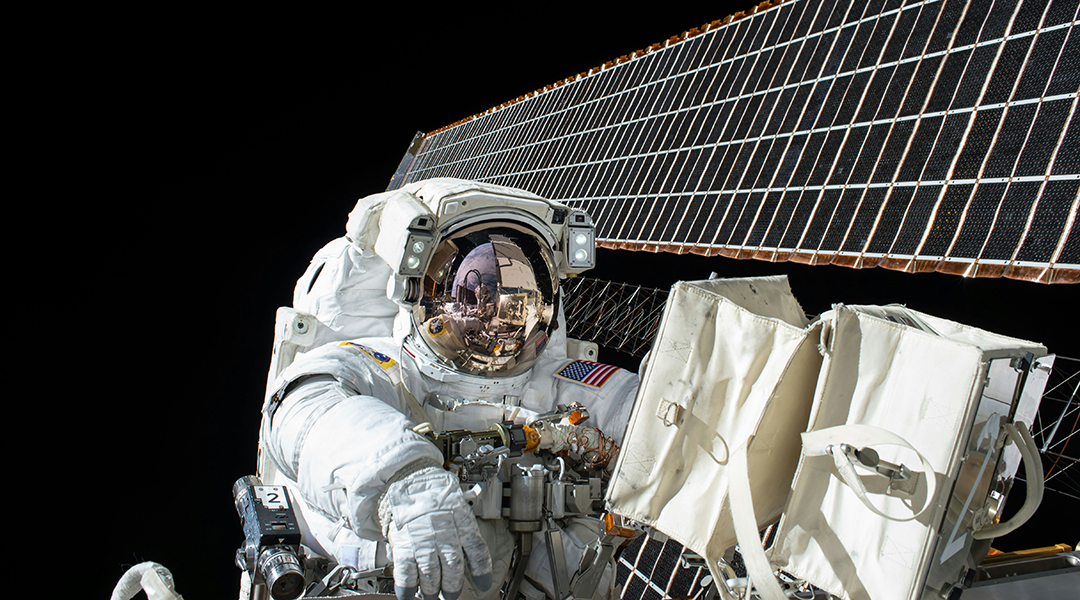
Future astronauts may be protected from galactic cosmic rays thanks to a novel organ-on-chip system containing interconnected human tissue.

Switching to less processed does not guarantee a healthy diet; the types of foods may be more important than their level of processing.
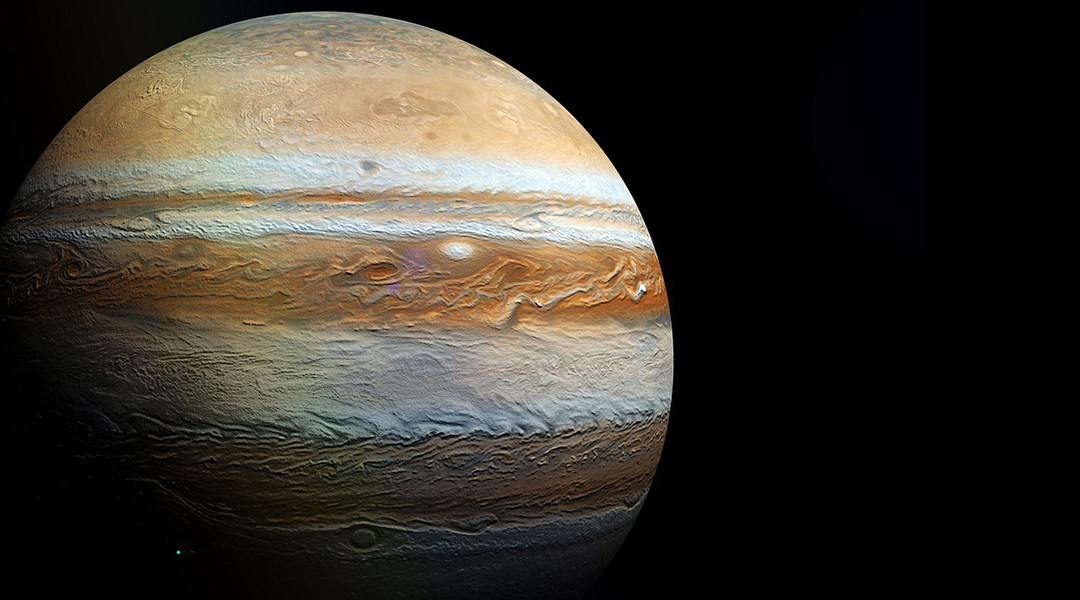
Astronomers propose that an infrared glow observed in Jupiter’s atmosphere may be dark matter particles colliding.
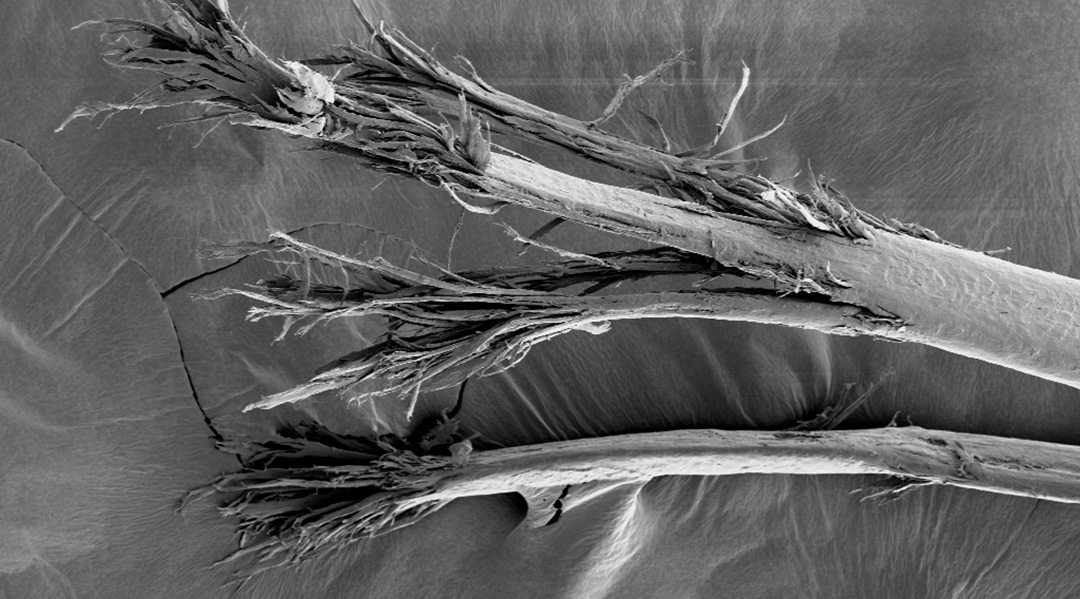
Materials scientists are applying biomechanics to understand how split ends contribute to our bad hair days—and what can be done to fix them.
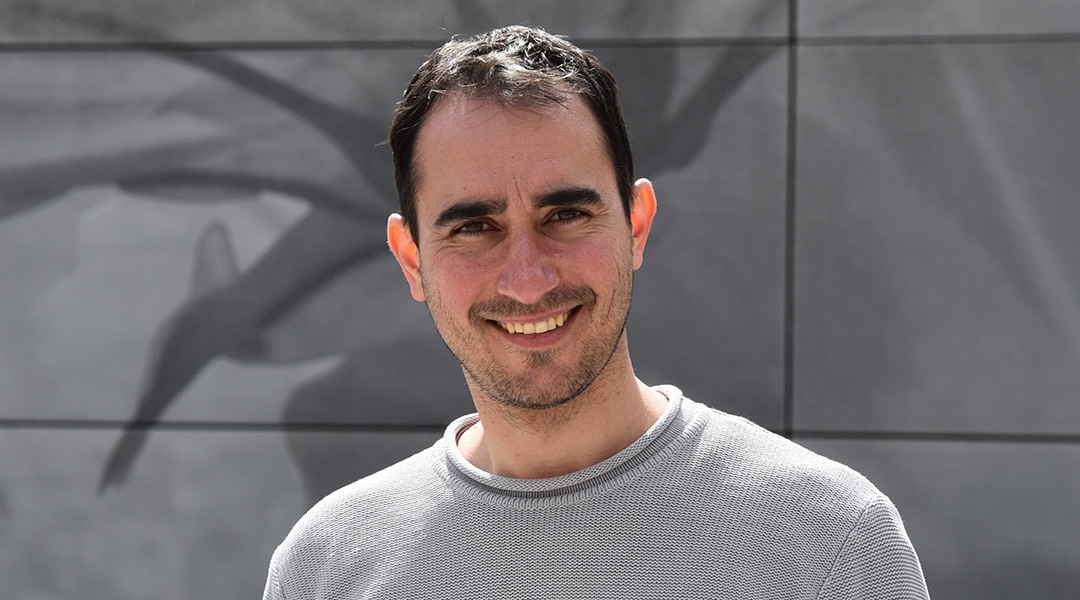
Future 6G wireless networks will rely on quantum computers, but developing the technology and making it sustainable is complex.
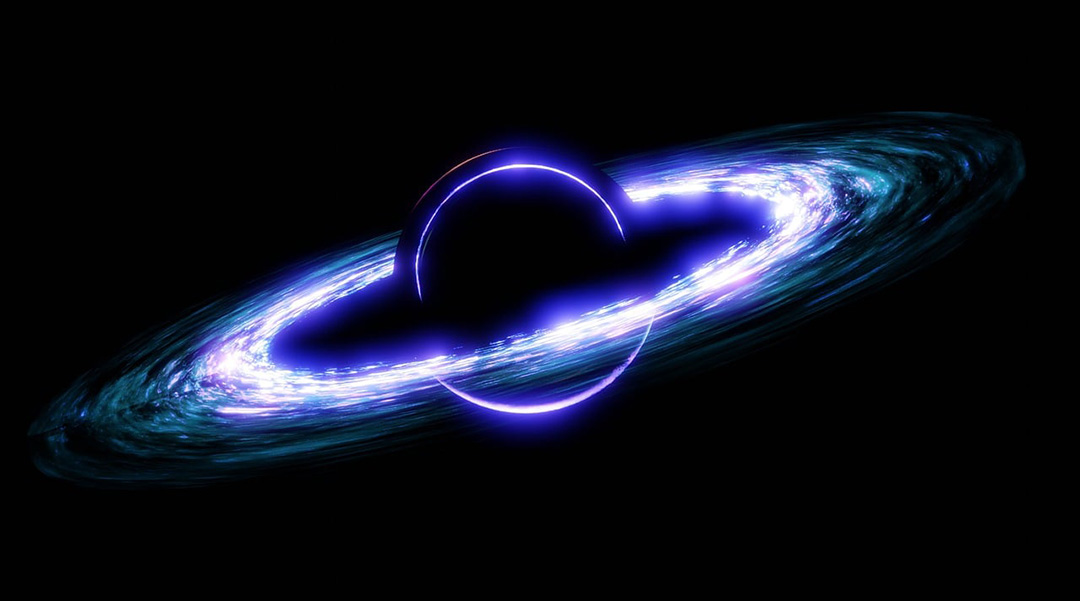
Astronomers have discovered that black holes trigger the formation of galactic winds that greatly influence star formation.
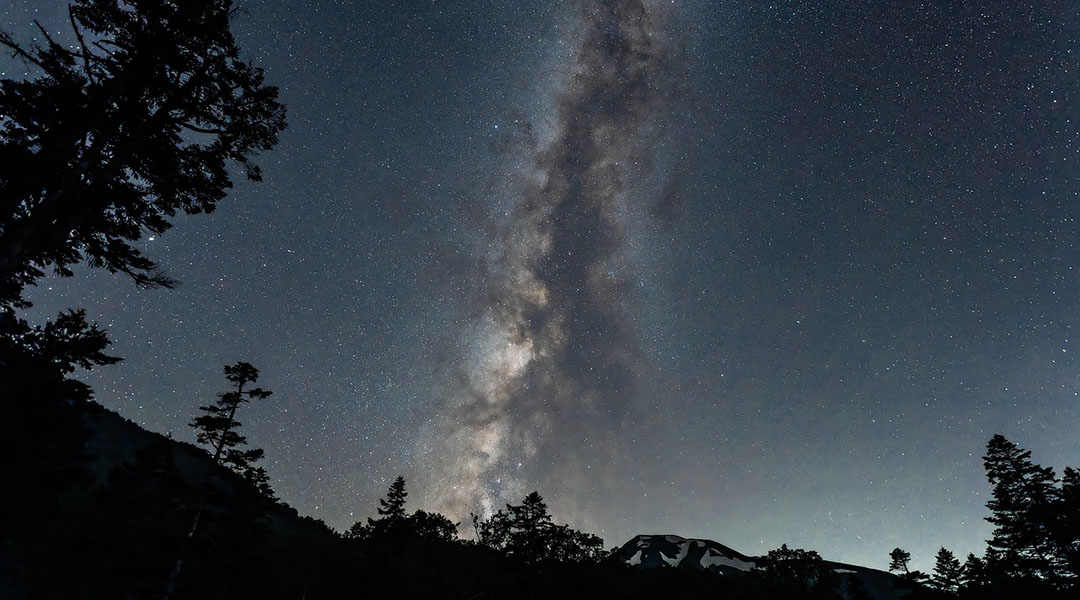
In this third and final article in a series on philosophy and science, we look at how modern science shows the validity of dialectical processes and how this can help guide science.
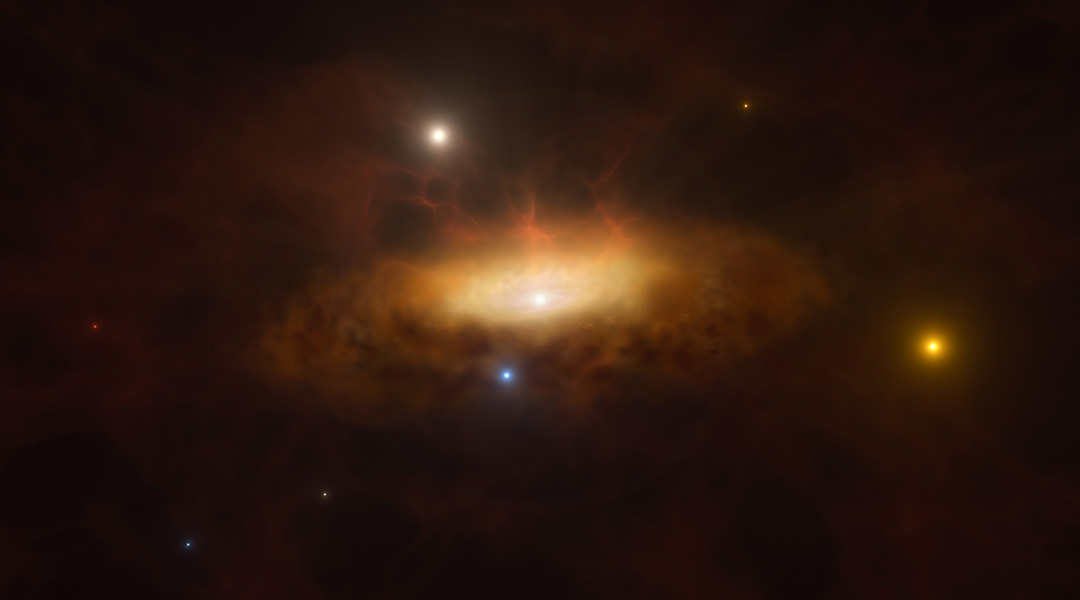
Imagine observing a distant galaxy for years when suddenly its core begins exhibiting unprecedented changes.